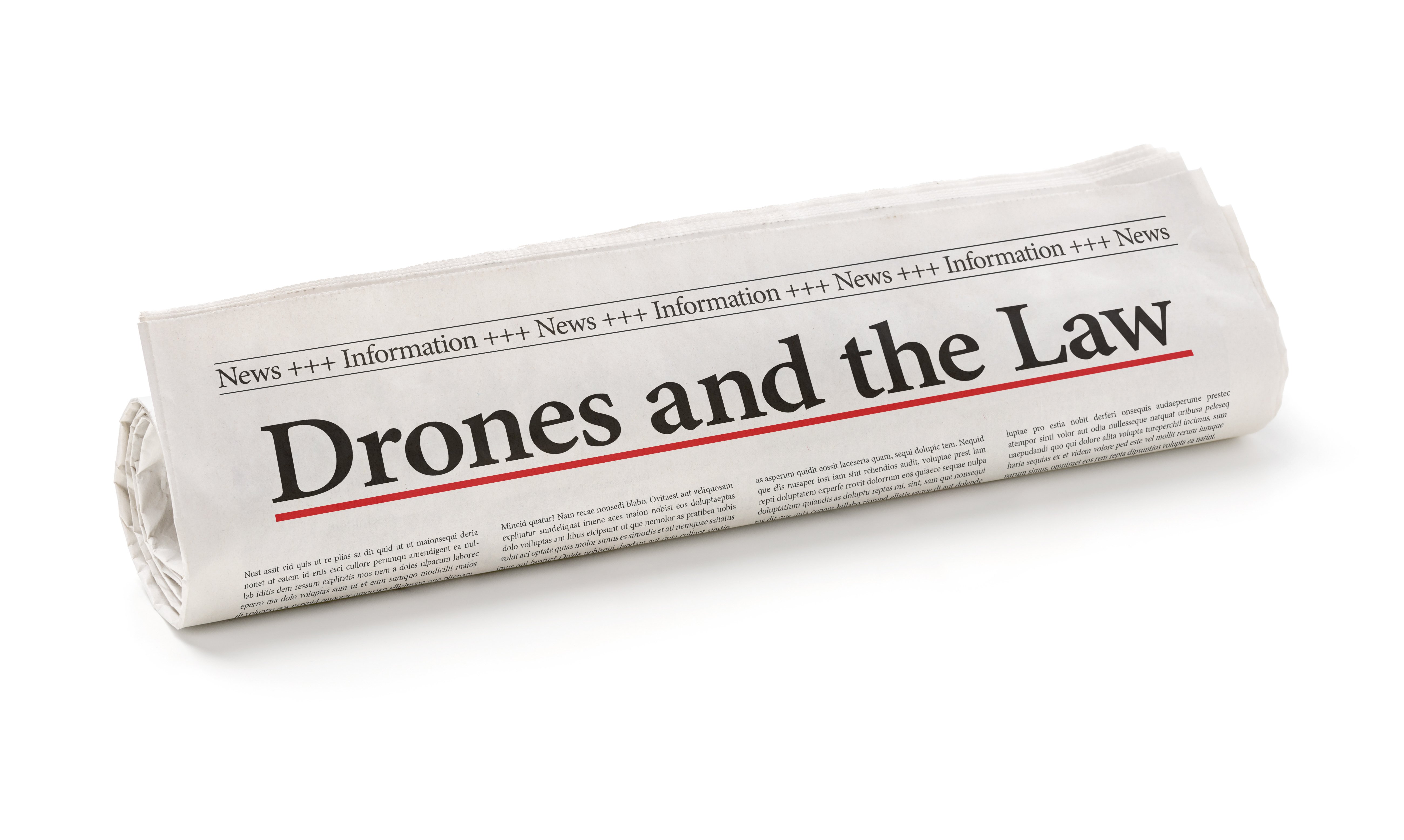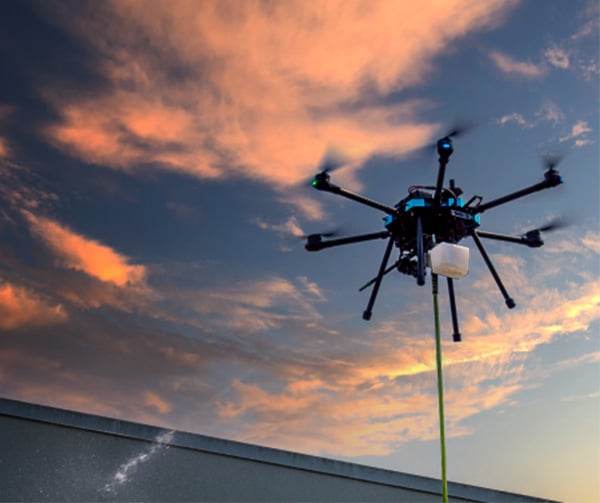Take Exterior Spraying Jobs To New Heights With The Sherpa Drone!
Introduction Working on exterior spraying jobs can be a real pain. Long hours, expensive equipment rentals, and unsafe working environments are just...

Flying drones in the U.S. is legal, but there are specific rules you must follow to avoid fines, legal trouble, or potential safety risks. Staying informed about the latest regulations ensures compliance with federal and state laws while operating your drone for recreational or commercial purposes.
A drone, also known as an Unmanned Aerial Vehicle (UAV) or Unmanned Aircraft System (UAS), is an aircraft without a human pilot onboard. Drones serve various purposes, from precision agriculture to aerial photography, and even industrial cleaning.
As drones become more popular, stricter laws have been implemented to ensure public safety. Whether you're flying for fun on private property or for business applications like window cleaning, roof soft washing, or exterior maintenance, understanding drone laws is essential.
The Federal Aviation Administration (FAA), part of the U.S. Department of Transportation (DOT), regulates most drone operations. It sets nationwide standards that all drone pilots—whether recreational or commercial—must follow.
In this article, we’ll cover the latest FAA drone laws for 2025, ensuring you have the most up-to-date information.
Here are the essential regulations that both commercial and recreational drone pilots must follow in the U.S. in 2025. Keep in mind that some states may have additional local restrictions.
Drone Weight & Registration:
Altitude Restrictions:
No-Fly Zones & Airspace Restrictions:
Visual Line of Sight Requirement:
Emergency & Public Safety Considerations:
Right of Way Rules:
FAA’s B4UFLY App:
Recreational vs. Commercial Use:

If you plan to use your drone for business—such as aerial photography, inspections, or drone cleaning services—you must comply with additional FAA Part 107 regulations:
Remote Pilot Certificate (Part 107 License)
English Proficiency Requirement
Minimum Age Requirement
Physical & Mental Fitness
Speed Restrictions
Airspace Restrictions
Operational Limitations
Under FAA Part 107, you don’t need a waiver to fly:
If you’re a foreign visitor planning to fly a drone in the U.S., here’s what you need to know:
Drone Transportation & TSA Regulations:
Mandatory Drone Registration:
Recreational Drone Use:
Commercial Drone Use:
While the FAA controls national airspace, individual states may have additional regulations. Always check local laws before flying.
State-Specific Drone Laws:
To legally register your drone, you must provide:
Lucid Bots makes it easy!
When you purchase a drone from Lucid Bots, we assist with:
Drones are now widely used in commercial applications, including window cleaning, soft washing, and exterior maintenance.
The Lucid Bots Sherpa Cleaning Drone is an advanced cleaning solution for:
✔ Commercial window cleaning
✔ Soft washing roofs
✔ Entertainment venue cleaning
✔ Other hard-to-reach areas
✔ The Sherpa can pressure wash up to 4500PSI
Upgrade to next-gen cleaning technology.
Book a Meeting to learn more!

Introduction Working on exterior spraying jobs can be a real pain. Long hours, expensive equipment rentals, and unsafe working environments are just...

Is it profitable to open an exterior cleaning service business? Did you know that the global market for drone services is expected to reach $63.6...